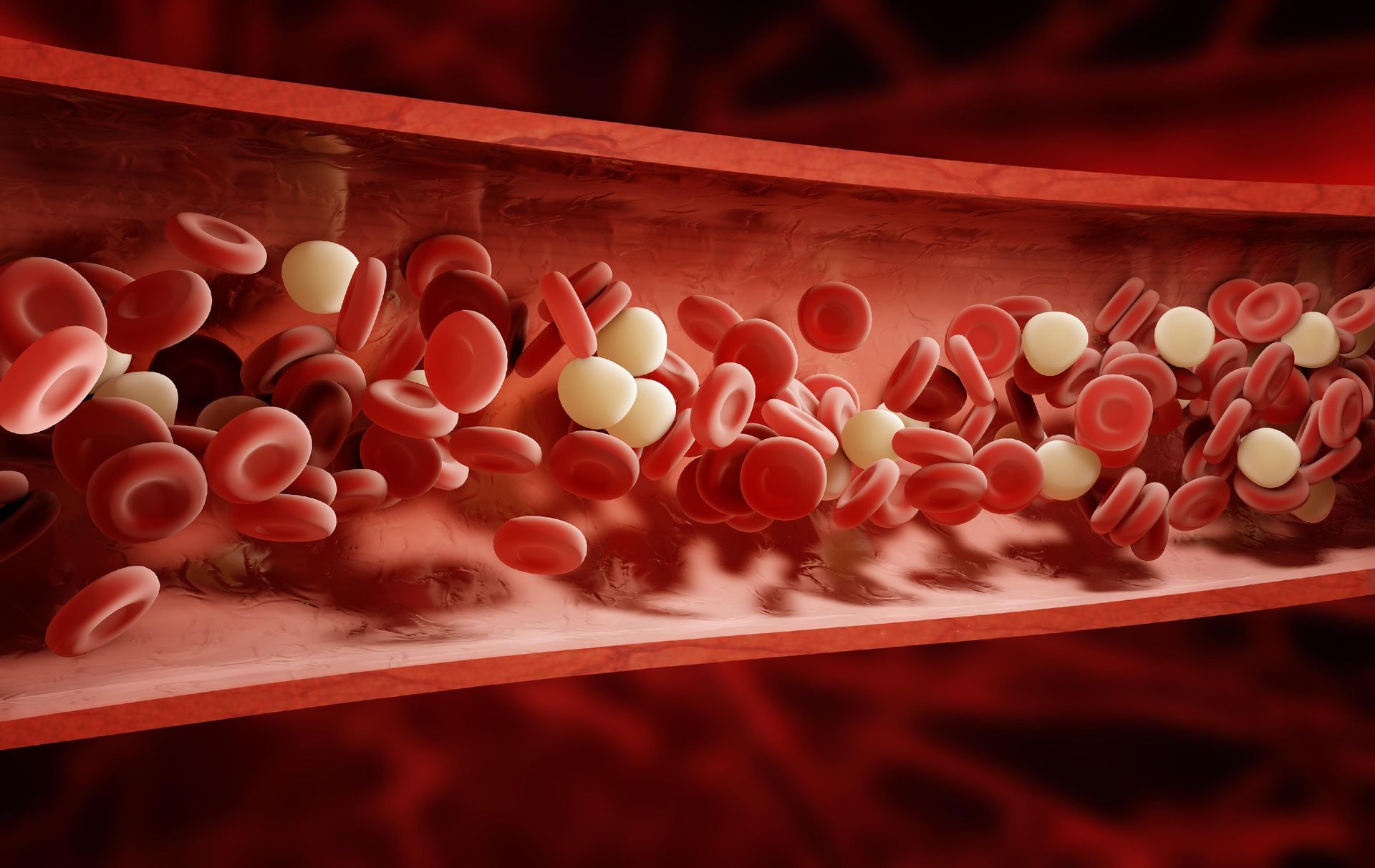Health Issues You Can Preempt With Routine Blood Testing

Cardiovascular Diseases
Cardiovascular diseases (CVD) are a range of diseases that affect the blood vessels and heart. Examples of cardiovascular diseases include heart disease, stroke, and aortic disease. Treating these diseases is complex and costly. Ideally, you should prevent CVDs before they start.
CVDs rarely appear out of the blue. Rather, the diseases appear over time due to different risk factors, including poor diet, sedentary lifestyle, and genetic predisposition. These risk factors manifest themselves in different ways in the blood. Here are examples of blood markers for elevated CVD risk:
- High cholesterol
- High levels of triglycerides (a type of fat)
- Raised blood glucose
A blood test can determine whether you have a high CCD risk to help you and your medical providers make relevant interventions to lower your risk.
Diseases Caused by Hormonal Imbalances
The human body undergoes considerable changes with age. For example, people experience hormonal changes over the years. Hormones are chemicals the body uses to control different functions, so hormonal changes interfere with the body's natural functions. Thus, understanding your hormonal changes can help you mitigate their effect.
For example, the body uses the insulin hormone to control blood sugar (glucose) levels. If insulin production reduces, which occurs with age, glucose control suffers. Elevated blood glucose levels increase your risk of diabetes. Thus, blood tests that show depressed insulin can help you prevent diabetes.
Illnesses Caused by Nutritional and Mineral Deficiencies
You need several minerals and nutrients to stay healthy. Your body synthesizes some vitamins or minerals (such as vitamin D), and you get others from your food. The minerals and vitamins help accelerate wound healing, strengthen tissues, regulate hormones, and fight diseases. Thus, your health suffers if you are deficient in minerals or vitamins.
For example, your body needs iron to produce healthy red blood cells. However, you might not have enough iron due to poor diet, excessive blood loss, or iron absorption difficulties. You can develop anemia if that happens, increasing your risk of pregnancy complications and delayed growth and development.
A blood test can help predict anemia by gauging your level of ferritin. The ferritin protein indicates the level of iron in your blood. Thus, a ferritin blood test will help you know whether you need interventions to boost your iron levels and prevent anemia.
Hypercalcemia
Mineral deficiency is dangerous, but elevated mineral levels are equally dangerous. Your body functions best if your minerals are within certain ranges. Different body organs and processes help regulate the level of different minerals.
Taking too much mineral-centric food or supplements can overwhelm your body with minerals. Your body's inability to control mineral levels can also create the same problem.
For example, you might have too much calcium in your blood if your body's ability to regulate calcium levels fails. Once that happens, you might develop weak bones and teeth because the calcium that should mineralize and strengthen them will be floating in your bloodstream instead. The inevitable result is weak bones and teeth that can easily fracture but heal slowly.
Regular blood tests can help you determine the calcium level in your blood. Too much calcium in the blood means your bones and teeth are not as strong as they should be. Your doctors will use this knowledge to diagnose the cause of the problem and make the right interventions.
Randox Health California provides a state-of-the-art laboratory for all your routine blood tests. Contact us for all your health checks, medical tests, and personalized data generation based on your blood makeup.











